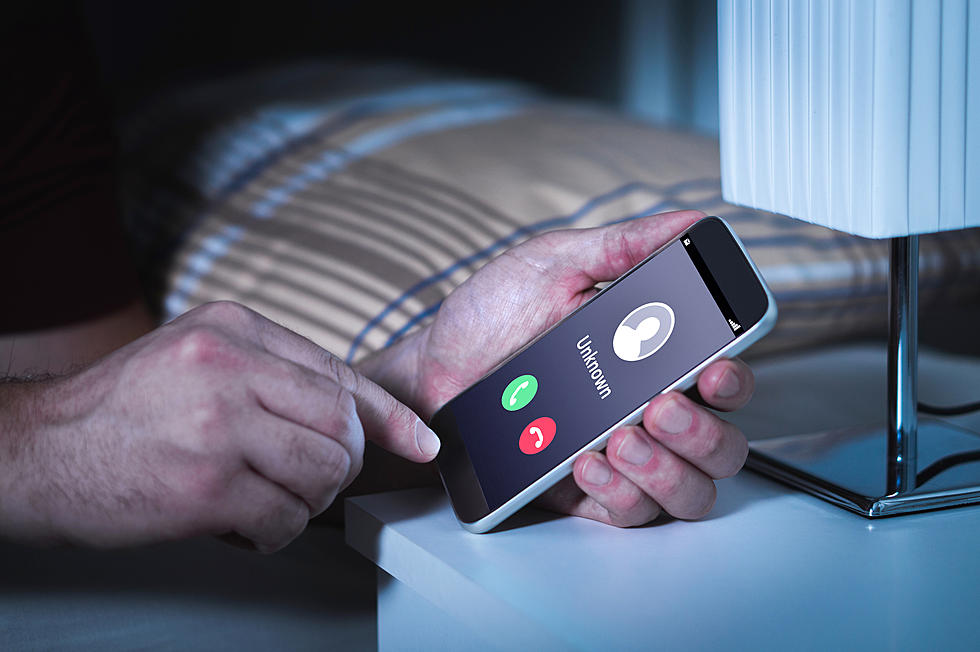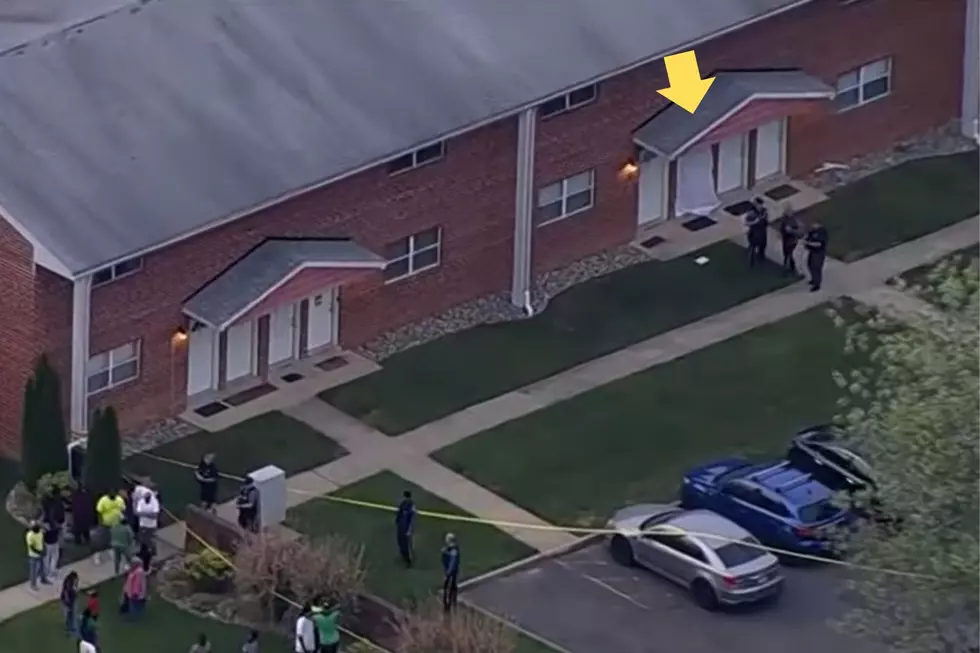
NJ authorities warn about rise in ‘spoof calls’
The Cape May County Prosecutor's Office is warning the public of an increase in "spoof" calls to both resident's homes and cell phones.
Spoof calls are not new. That's when individuals take a number, then use software to disguise the number and make it appear as if it's coming from a friend or a legitimate business.
"We're now seeing spoof calls from government agencies in our county, which is concerning to us," said Detective Sgt. Bryan Hamilton of the prosecutor's office. "We're also seeing something new called neighborhood spoofing."
Instead of a caller using an 800 number or a business, he or she is using a number that's close to the victim, a number from their area code as a way of tricking them to think they may know the person on the other line, making them more inclined to pick up.
Hamilton said do not pick up the phone if the number is unrecognizable. But if someone does wind up picking up the call, be careful. Do not give out any personal information such as passwords, credit card information, phone numbers and even relatives' names. That's the spoofer's way of gathering information about the victim.
A legitimate company will not call a person to say they've observed a virus on your computer, for example, and that they need a password or a credit card number to help clear up the situation, Hamilton said.
As far as government agencies, he said he felt confident speaking on behalf of most law enforcement agencies that they would never call a person to let them know they have an active warrant and that they can clear up the warrant by providing them credit card information to rectify the situation. He said this is not a tactic they would use.
Furthermore, Hamilton said the county has seen something where someone falsely represents themselves as a member of a government agency, saying they see materials that are consistent with child exploitation on the victim's computer. The victim can avoid getting into trouble by providing credit card information or hitting a link on the computer to clear things up.
"As someone with a background in investigative child exploitation, I can tell you that's a tactic we would never use," Hamilton said.
Do not respond to any questions, especially those that can be answered with "yes" or "no." If someone has a voicemail account with a phone service, be sure to set a password for it. Some voicemail services are preset to allow access a person calls in from your phone number. A hacker could certainly spoof a home phone number and gain access to voice mail if no password is set.
It's also important not to help spoofers by keeping them on the phone and providing them with a bunch of false information. He said that's not helping the prosecutor's job at all. What the victim is actually doing is showing that his or her phone number is a legit number and the spoofer is sharing this.
He said the best way to report spoof calls is to to go www.fcc.gov/robocalls. The Federal Communications Commission monitors spoof calls and wants people to report these incidents. Also, if a victim is not 100% sure he or she has been spoofed, the best way to prove it is to call the company's main number and ask them to confirm.
When it comes to government agencies, don't be afraid to call them. Hamilton said he would rather have someone tie him up on the phone to inquire whether a phone call was nefarious or authentic.
LOOK: Here are the pets banned in each state
More From New Jersey 101.5 FM









